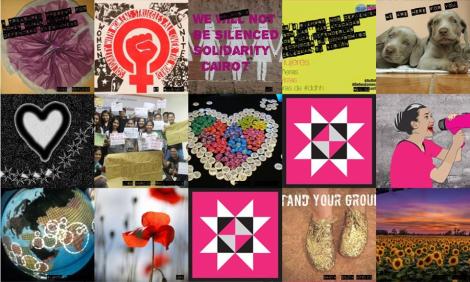
Editorial
How doing the research became a game-changer for me
It is an honour for me to introduce this edition of GenderIT.org. This particular issue brings together articles on some of the most important aspects of technology-driven violence against women, hitherto not well understood by the general public, governments or institutions. Much of the material in this issue draws on extensive research conducted by the Association for Progressive Communications…

In depth
Violence against women online: What next steps intermediaries should take
In the response to abuse and threats that women face, are the technology big names like Facebook, Twitter and others taking tangible steps? In this article, GenderIT.org collaborator Rafia Shaikh explores the most outstanding points from a new research report developed by Rima Athar for the APC’s “End violence: Women’s rights and safety online” project on Improving Corporate Policies, which talks…
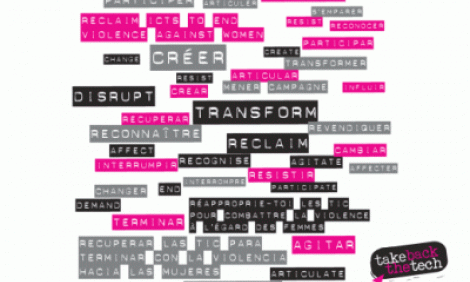
In depth
Protecting the right to freedom of expression: Strategies of survivors of tech-related violence against women
Tech-related violence against women hinders freedom of expression (FOE) as it creates an environment of fear, intimidation, violence, social isolation and impunity. This article written for GenderIT.org by Bianca Baldo explores the effects of tech-related VAW on women's rights to FOE, providing insight on human rights law, the different forms of tech-related VAW, the reasons behind it, the…
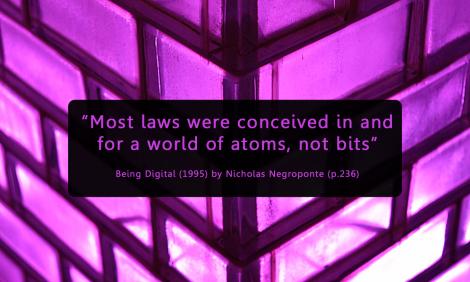
In depth
Virtual is real: Attempts to legally frame technology-related violence in a decentralized universe
In this article written for GenderIT.org, Lamia Kosovic explores some trends in legislation addressing tech-related VAW and stresses that “legislation itself will not solve the problem of VAW in digital spaces,” affirming that laws have to be accompanied by educational campaigns on the gendered nature of harm in digital spaces. “And it is urgent to expand our understanding of what survivors are…
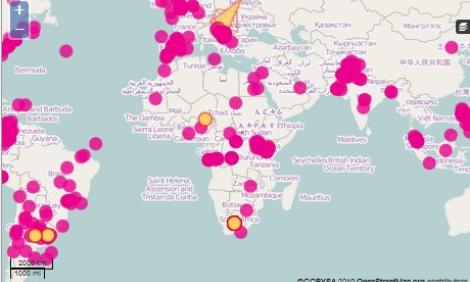
In depth
Mapping as a strategy to disclose online violence against women
When the APC Women's Rights Programme decided to use the Ushahidi map to collect information about the online violence that many women around the world were enduring, the aim was to gather evidence and show how ICTs can be used to perpetrate violence against women. In two years, from July 2012 to July 2014, almost 500 cases denouncing the use of ICTs and online spaces to perpetrate violence…

In depth
APC's Women's Rights Programme statement: Forwarding violence is violence
The Association for Progressive Communications Women’s Rights Programme (APC WRP) rejects and condemns systemic, technology-related violence against women in all its expressions. The acts of recording, photographing and documenting acts of sexual violence and further distribution and sharing are all part of the violence. With each view, share and forward, people are continuing and replicating the…

In depth
Emma Watson, trolls and a feminist internet
Within days of her highly visible and publicised speech, Emma Watson became the subject and target of violence. The threat and reality of using women’s sexualised bodies as weapons to humiliate, shut them up or blackmail them into submission is an increasingly prevalent expression of violence against women online. Jac sm Kee, APC´s Women´s Rights Programme manager shares her insight on the…
Publication
Technology-related violence against women – Recent legislative trends
This study seeks to explore recent legislative developments aimed at addressing and providing avenues of redress for technology-related violence against women. We explore the objectives, structure and application of four domestic legislative responses to different forms of violence against women, seeking to understand how domestic legislatures are responding to increasing awareness of violence…
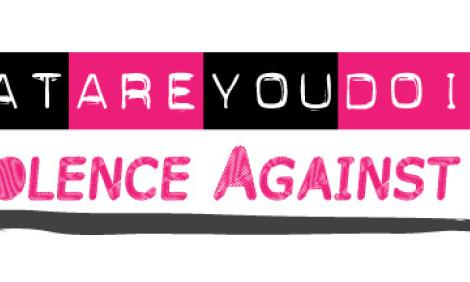
Publication
End violence research: Case summaries from country reports
The following case summaries are excerpted from End violence against women: Country reports, which involve seven countries and are part of research commissioned by the Association for Progressive Communications Women's Rights Programme (APC WRP) beginning in 2013.
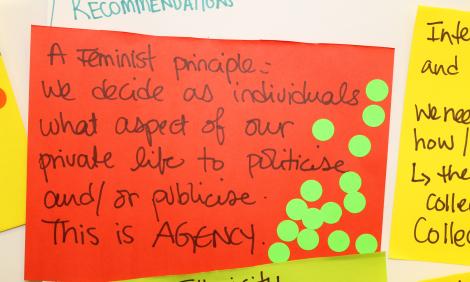
In depth
Feminist Principles of the Internet
Over three days, the participants discussed and debated intersections of gender, sexuality, and the internet – not only as a tool – but as a new public space. In thinking through these issues, the participants at the meeting developed a set of *15 feminist principles of the internet*. These are designed to be an evolving document that informs our work on gender and technology, as well as…




